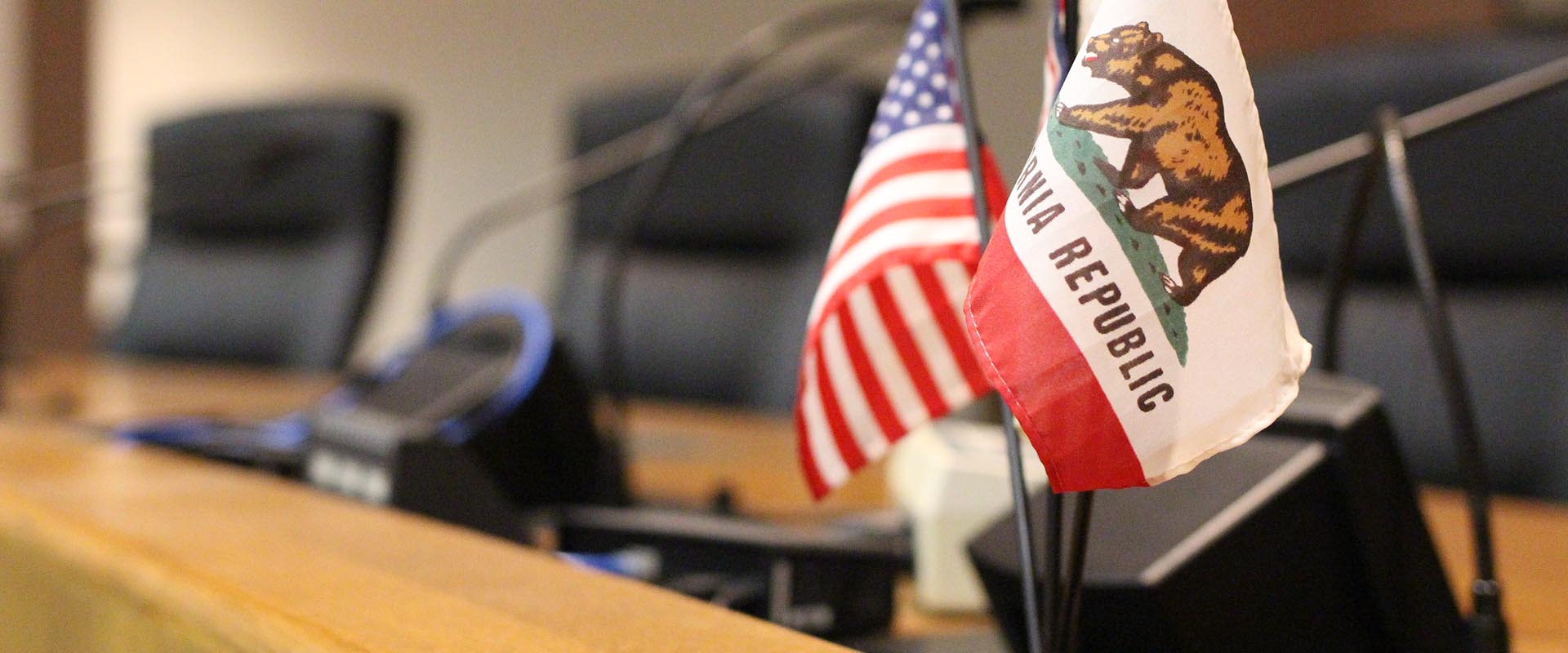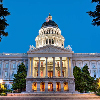United States Supreme Court Speaks on Government Versus Private Speech in Residents' Display of Flags on Public Property

Number 30
In Shurtleff v. City of Boston (2022) 142 S.Ct. 1583 (Shurtleff), the United States Supreme Court, for the first time, addressed a topic that presents a common and growing issue for public agencies related to the intersection between government versus private speech under the First Amendment: residents’ use of government property to display flags of their choosing. The distinction is important because, when the government speaks, the First Amendment does not apply to prevent it from expressing its own views or declining to express the views of others. Although unanimously decided against the City of Boston, Shurtleff provides much needed clarity for public agencies desiring to maintain control over which flags related to social causes or events may be flown on their property without running afoul of the U. S. Constitution.
History of the Flag-Raising Program
The Shurtleff case addressed a dispute concerning the City of Boston’s (City) program allowing residents to use one of its three flagpoles in front of City Hall to raise a flag of their choosing. While raised, the residents’ chosen flag would replace the City’s flag. In 2017, Harold Shurtleff requested use of a City flagpole to fly what he called a “Christian flag.” The City, for the first time in the history of the program, denied this request based on concerns that flying a Christian flag in front of City Hall would violate the Establishment Clause of the U.S. Constitution’s First Amendment. Shurtleff sued the City, claiming that its refusal to fly a religious flag violated the First Amendment’s Free Speech Clause. The federal District Court and the First Circuit Court of Appeals each ruled against Shurtleff, finding that the City’s flag-raising program was a form of government speech, and as such, the City was permitted to choose which flags to raise, even if that discriminated among viewpoints of the residents who submitted requests.
Supreme Court Analysis of the Flag Program
In reversing the lower court rulings, the Supreme Court affirmed and clarified its prior analysis regarding government speech, which, according to the Court, requires a context-driven, holistic inquiry to determine whether the government intends to speak for itself or regulate private expression. In making this determination, courts look at: (1) the history of the expression at issue, (2) the public’s likely perception as to whom (the government or a private person) is speaking, and (3) the extent to which the government has actively shaped or controlled the expression.
In analyzing these factors in Shurtleff, the Court found that there is a clear history of government use of flags to convey messages, in general. For example, the American flag may be flown at half-staff to pay respect to the memory of someone who has died. However, looking specifically at the City’s management of the program, the Court said the City simply did not historically control the content and meaning of the flags it had previously allowed to be flown, in a way that would establish that the flags carried the City’s message.
This left the final element of the analysis—government control over the expression—which the Court found determinative. Under Boston’s flag program, the City allowed approximately 50 different flags to be flown between 2005 and 2017. Although the City required approval of all flags, it did not have any written policies or guidance as to what flags were permitted, and approval was limited to the date and time that the flag would be raised. There was also no evidence that the City had ever attempted to control the content and meaning of the flags. And, despite the “approval process,” the City’s practice was to approve flag-raising requests by its residents without exception, at least until Shurtleff’s request.
Based on the City’s lack of meaningful involvement in the selection of flags to be flown outside of City Hall, or the crafting of the messages conveyed by the flags, the Court found that the flag raisings were private (not government) speech. This meant that Boston’s refusal to allow the Christian flag to be raised was viewpoint discrimination in violation of the Free Speech Clause.
Critical Takeaways
Although the Court addressed the first two elements of the government speech analysis (history of the speech and public perception of the speaker), the third element (control) was the critical factor. For those agencies with a flag program (formal or informal) desiring to maintain control over which flags may be raised on their property, Shurtleff provides some important takeaways:
A written flag-flying policy is important and helps to show an intent to control the message being conveyed. In analyzing Boston’s control over its flag program, the Court noted that the City did not have any written policies or clear guidance about which flags residents could fly or what messages flags could communicate. The Court contrasted this with other cities’ flag flying policies, with specific reference to the City of San Jose’s flag policy. The Court observed that language in San Jose’s policy, including its statement that “flagpoles are not intended to serve as a forum for free expression by the public,” and its listing of approved flags that may be flown “as an expression of the City’s official sentiments,” made it clear that the City of San Jose intended to speak for itself through the flag program. In line with this reasoning, public agencies with flag programs should consider adopting a flag policy or revising their existing policy to convey the agency’s intent to speak for itself through the flags being displayed.
Actual control over the message is essential. Another deficiency in Boston’s control over its flag program was that it had never denied a request to raise a flag and had not requested review of any flags before approving them. The Court noted that where it has found government speech in the past, the government agency exercised “final approval authority” over the selection of the message. So, while Boston argued that it required approval of flags, the lack of substance in the approval process did not support an intent to control the message. To avoid the same outcome, public agencies should ensure that their flag approval process demonstrates “final approval authority” over the message being conveyed, such as through approval by the agency’s governing body or in accordance with a specific written process.
Establishment Clause Issues. While not directly addressed in Shurtleff, prior United Stated Supreme Court case law has established that government speech must still comply with the Establishment Clause and its prohibition against government endorsement of religion. Conversely, as shown by Shurtleff, if a public agency’s flag program is not a form of government speech, the agency may not refuse to raise a flag based on its religious content or symbolism. Accordingly, public agencies should exercise caution and consult with legal counsel if they receive a request to display a religious flag.
If you have any questions about Shurtleff, or your flag program or policy in general, please contact the authors of this Client News Brief or an attorney at one of our eight offices located statewide. You can also subscribe to our podcast, follow us on Facebook, Twitter and LinkedIn or download our mobile app.
Disclaimer: As the information contained herein is necessarily general, its application to a particular set of facts and circumstances may vary. For this reason, this News Brief does not constitute legal advice. We recommend that you consult with your counsel prior to acting on the information contained herein.






